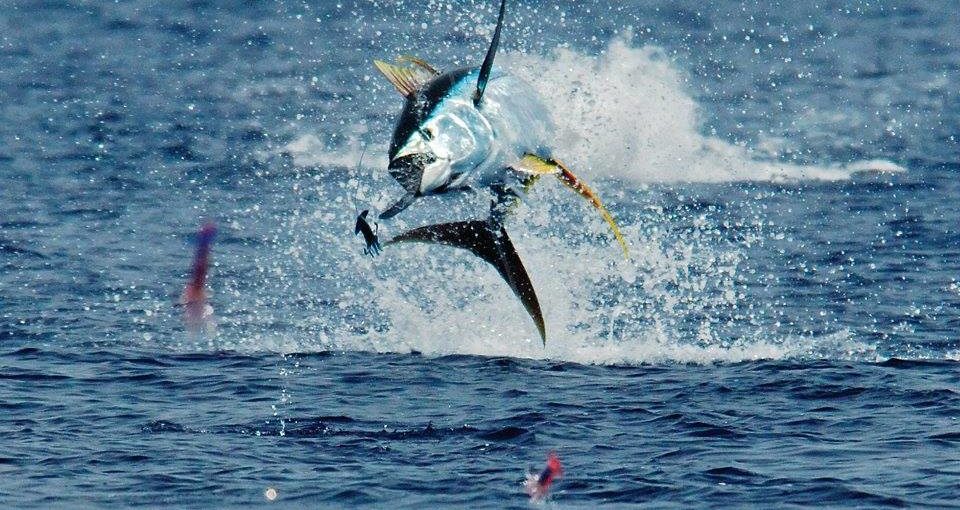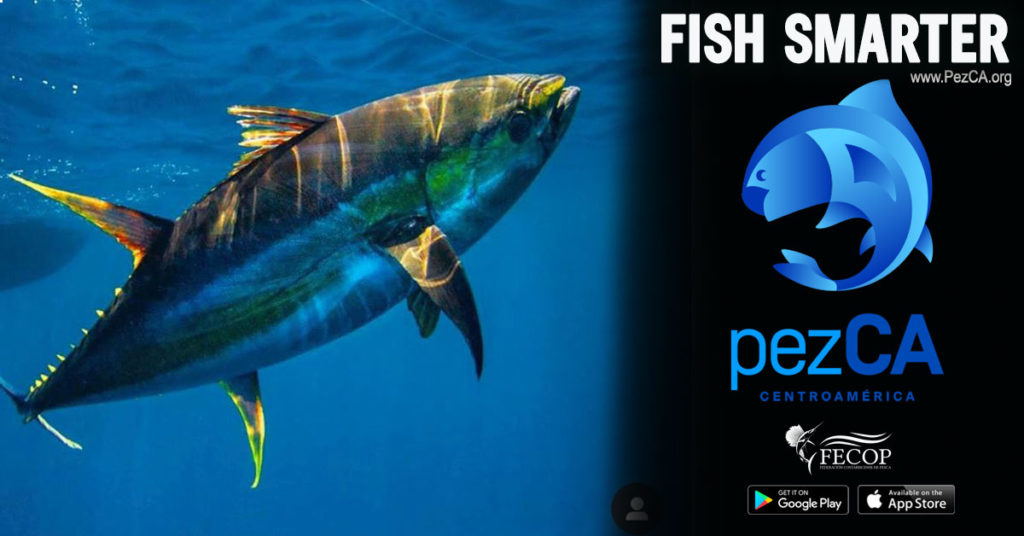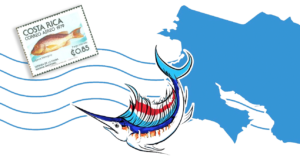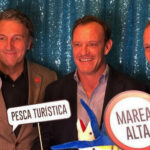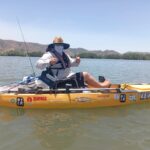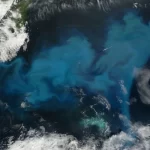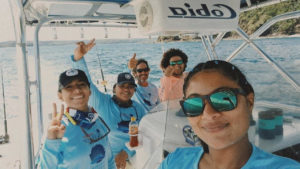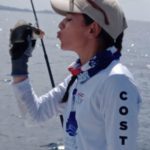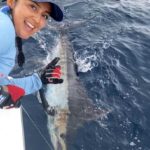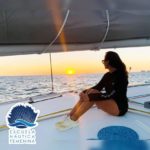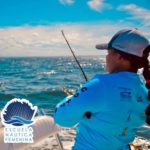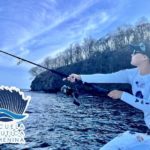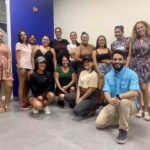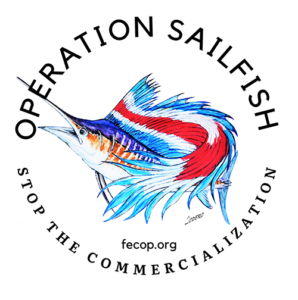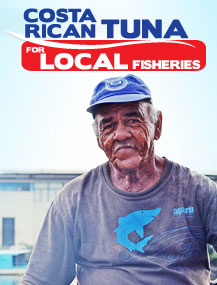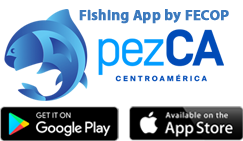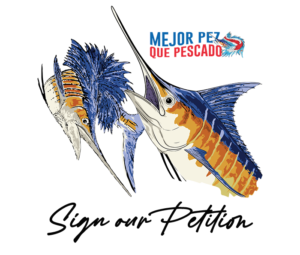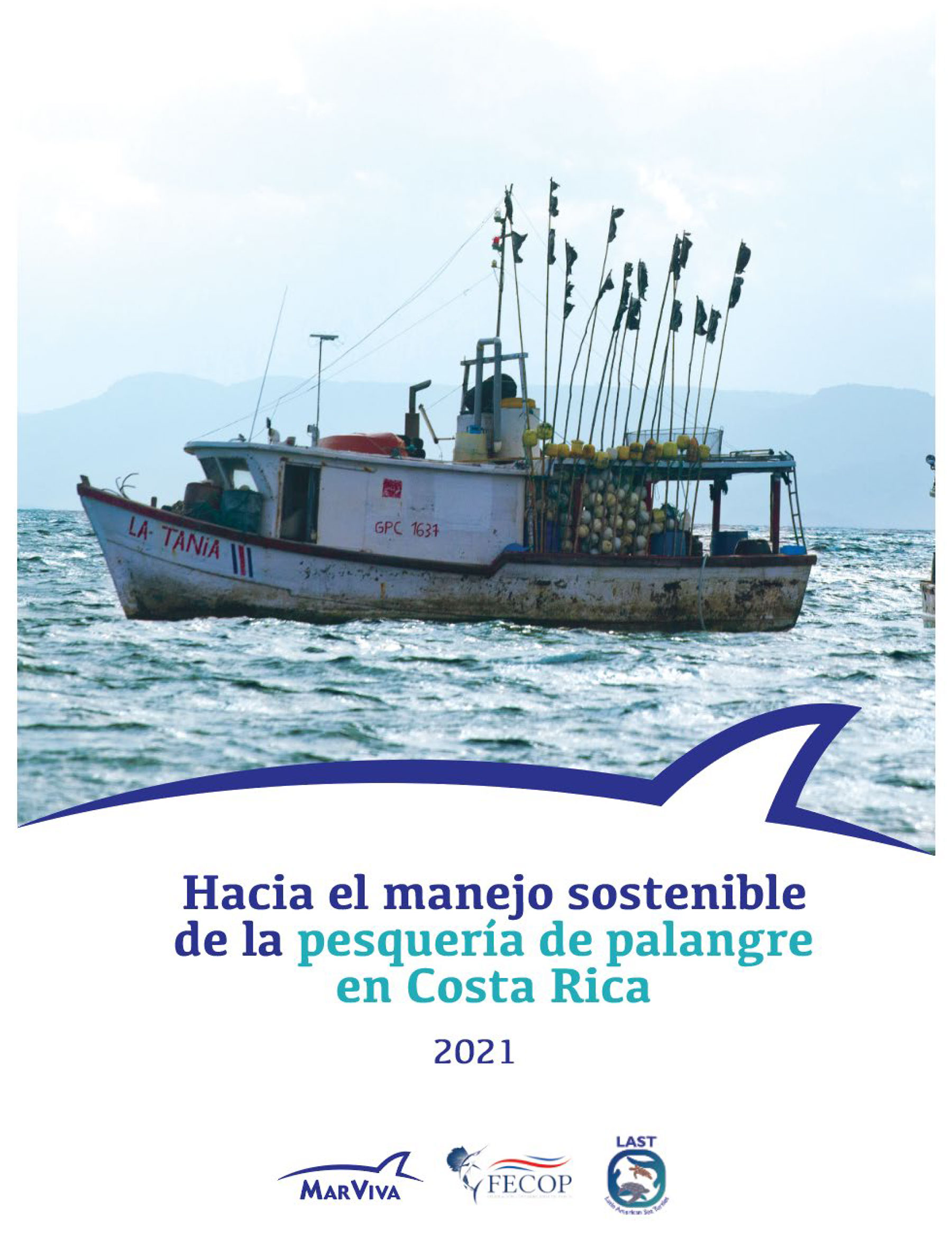New Developments Including Adjustments to 45 Mile Tuna Decree, New PHD on FECOP Staff and new Sport Fishing App
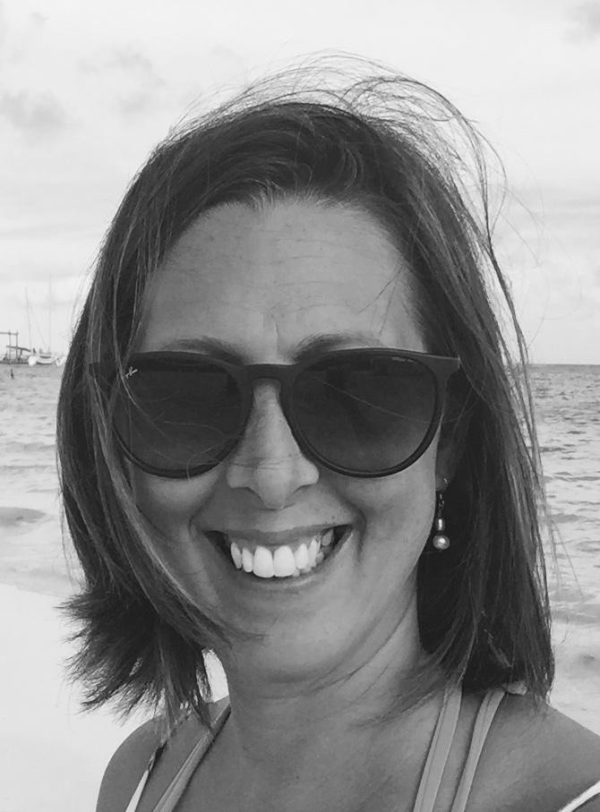 |
FECOP (Federacion Costarricense de Pesca), Costa Rica’s sport fishing advocacy group, announced several recent developments that will positively impact sport fishing in this Central American nation. The group is continuing its aggressive efforts to protect Costa Rica’s marine resources, promote the economic impacts of sport fishing in Costa Rica and enhance the experience for local and anglers (Tourism) visiting Costa Rica alike. A new staff hire will contribute to these on-going efforts.
Dr. Marina Marrari, PhD, has joined the FECOP team to head a series of exciting new projects supported by the organization. Marrari is a former employee of the National Aeronautic and Space Administration and a specialist at analyzing satellite data and oceanography. She will need the cooperation of the Costa Rican fishing community to accomplish FECOP’s ambitious goals.
FECOP is asking captains, charter or resort operators and individual anglers to loan Dr. Marrari their fishing logs to establish a data base to compare historic conditions to the present. Log books dating several seasons would be especially useful. Marrari will use the catch data and analyze it with historical oceanic and weather conditions for the same dates to develop patterns in the fishery. Chlorophyll levels, water temperatures, currents, eddies, winds, tides, moon phases and other elements will be analyzed. A major emphasis will be El Nino periods, which Costa Rica is now experiencing. Marrari is not asking for any secret fishing spots, just general areas. The final report will be shared with all participants without giving away anyone’s private information. FECOP will also develop a collective log book that can be shared with interested anglers. Similar studies have been used in California to increase swordfish stocks and lower bycatch in that industry.
Crocodile Bay Resort was the first to turn over 12,000 daily fishing logs from its fleet of more than 20 boats. Marina Pez Vela has given information going back eight years and the Amateur Fishing Club of Costa Rica has sent in data covering the past 30 years. Los Suenos has also supplied their historical tournament data. The results of the study will be available when finished, but some interesting trends are already starting to appear especially after tuna purse seine boats were pushed offshore.
To participate, contact FECOP at info@fecop.org or call +506 2291 2150.
As part of her new duties, Marrari will also lead the FECOP team on a four-part project with Incopesca, the governing agency of Costa Rican fisheries. FECOP has committed to supporting the project for the next four years.
Highlights of the agreement are:
Training staff for the analysis of satellite data including the assessment of the effects of El Nino Oscillation. A mobile application and website to keep the fishing community updated are currently under development. The app will include oceanic and weather conditions, maps of fishing areas, information on species of interest and current fishing regulations. The app will be free to all anglers.
Training staff for the assessment of fisheries stocks involved in Costa Rica sport fishing. Social and economic analysis of the sector will be examined. The capacity for all fisheries will be compared using classic methods and low-data fisheries and will include socio and economic analysis. Personnel will also be trained to analyze satellite information for the detection of illegal and unreported fishing.
In related fisheries management news, Incopesca Director Moises Mugg and Costa Rica President Carlos Alvarado jointly announced a new decree ending of the system of granting free licenses to foreign tuna purse seine vessels. The previous system allowed seiners to extract nearly 9,000 tons of tuna in 2018. The country collected fees of less than 2 cents per kilo for this harvest. All the foreign boats granted licenses were flagged in Nicaragua and Venezuela. There are no registered Costa Rican purse seiners.
Part of the new decree shifts purse seiners 60 miles from the coastline. FECOP helped draft the original decree in 2014 that moved seiners out to a 45-mile boundary and protected over 200,000 square kilometers from purse seine activity. The sport fishing sector has seen a big recovery in that original zone and the additional 15 miles of protected waters will help to further enhance stocks. The new decree also addresses illegal and unreported fishing by the purse seine fleet. Full details will be available when the new decree is officially published.
For more information please contact: todd@fecop.org
Related Costa Rica Fishing Articles
Everything You Should Know About Sport Fishing in Costa Rica

